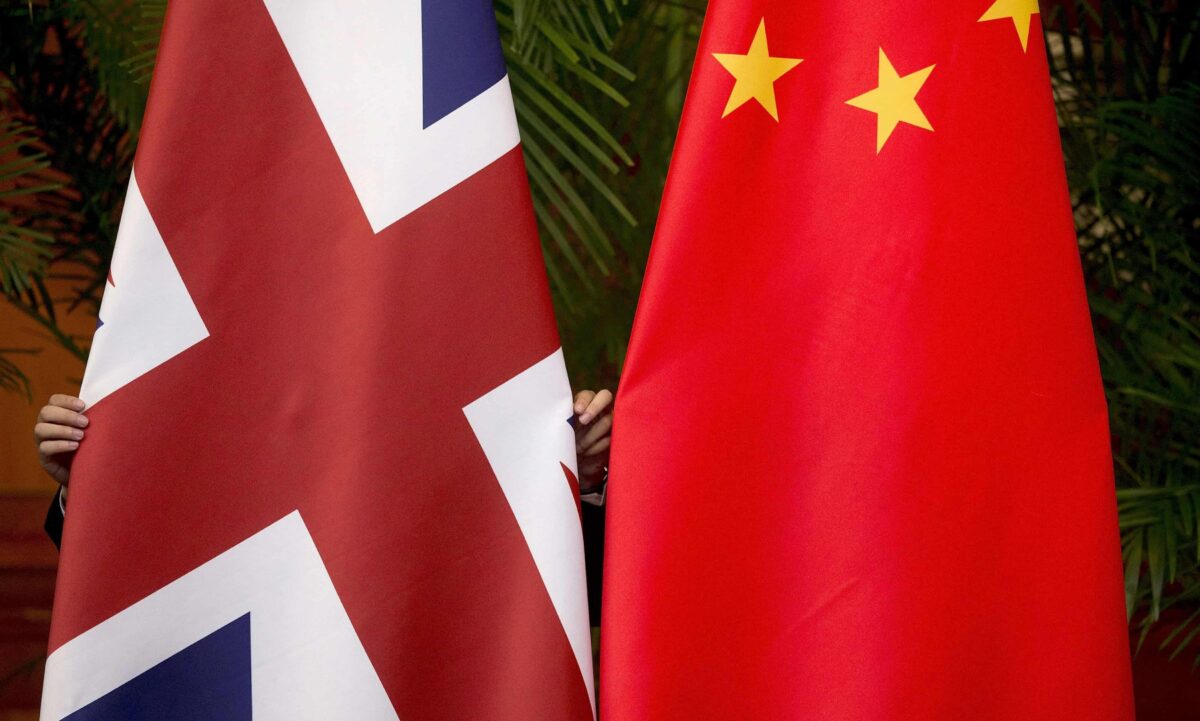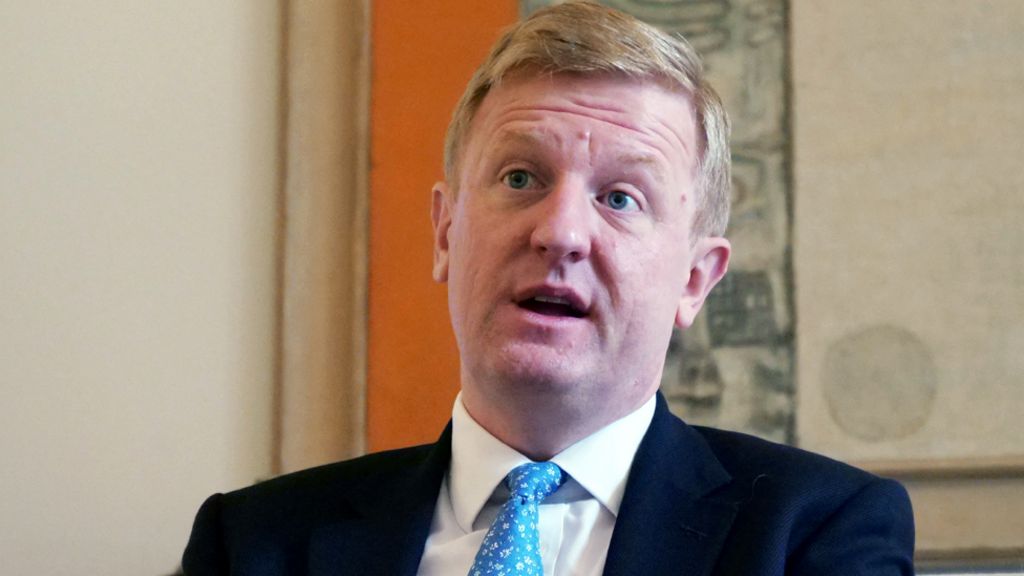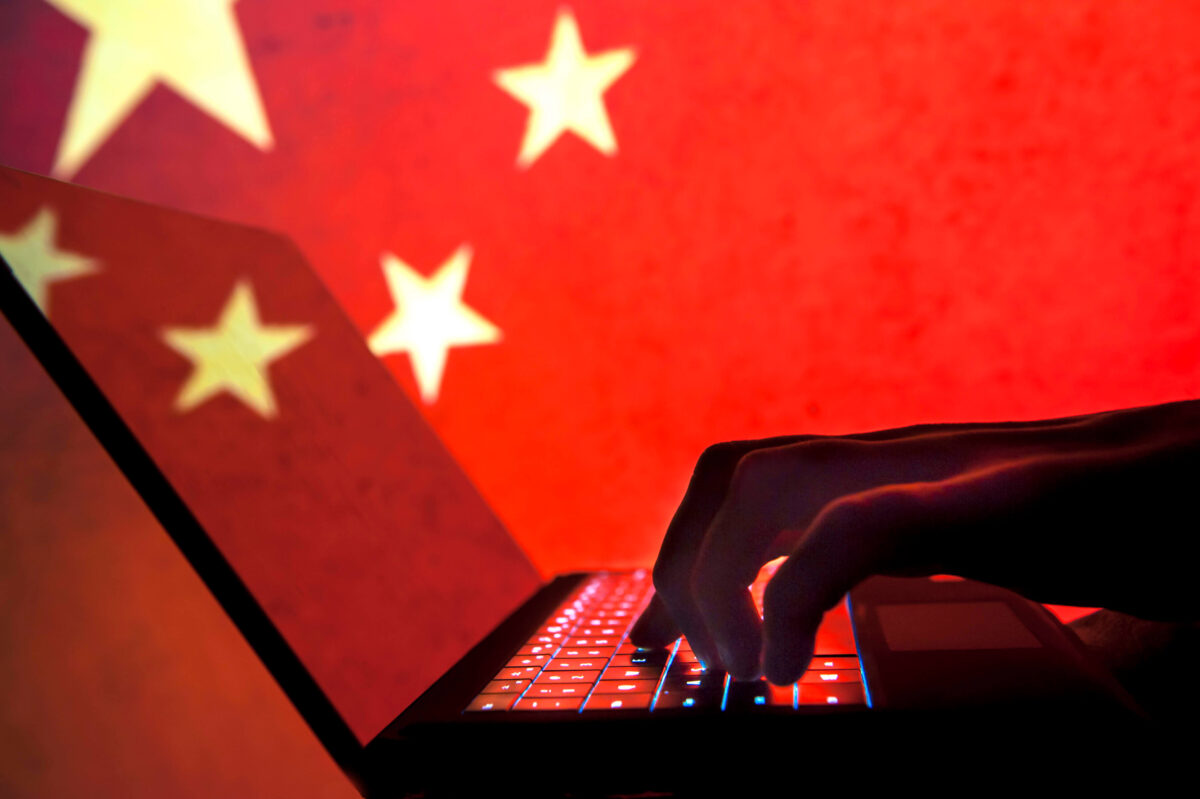The recent Chinese cyber attacks have put the UK under pressure to respond accordingly.

In recent years, the proliferation of cyber-attacks has posed a significant challenge to nations worldwide, with state-sponsored actors increasingly targeting government institutions, businesses, and individuals. Among the countries grappling with this growing threat is the United Kingdom, where concerns have been raised over alleged cyber-attacks orchestrated by China. As the UK government prepares to announce sanctions in response to these attacks, questions arise about the adequacy of its response and the broader implications for cybersecurity and international relations.
The Head of the Inter-Parliamentary Alliance on China (Ipac), an international coalition of lawmakers, has criticized the UK government for what he perceives as a delayed and inadequate response to cyber-attacks attributed to China. According to Ipac Executive Director Luke de Pulford, the government’s reluctance to hold China accountable for its alleged cyber activities raises concerns about national security and underscores the need for decisive action.
The impending announcement of sanctions by Deputy Prime Minister Oliver Dowden reflects the government’s acknowledgment of the severity of the situation. The sanctions are expected to target individuals and entities believed to be involved in cyber-attacks against UK MPs, peers, and the Electoral Commission. However, questions remain about the effectiveness of such measures and their potential impact on diplomatic relations between the UK and China.
The timing of the government’s response has come under scrutiny, particularly in light of reports that cyber-attacks targeting the Electoral Commission were first detected in 2022. Critics argue that the delay in taking action against China sends the wrong message and undermines efforts to deter future cyber threats. Moreover, concerns have been raised about the government’s broader approach to cybersecurity and its ability to protect critical infrastructure and sensitive data from cyber-attacks.
In addition to imposing sanctions, there is a growing call for the UK government to provide support to individuals and institutions targeted by cyber-attacks. MPs and peers who have faced apparent hacking attempts are expected to hold a press conference to address the issue and call for greater assistance from the government. The need for targeted support, including cybersecurity training and resources, is paramount to ensuring the resilience of UK institutions in the face of evolving cyber threats.
Junior Energy Minister Andrew Bowie has sought to reassure the public about the government’s commitment to cybersecurity. He emphasized the importance of enhancing the UK’s cybersecurity capabilities and preventing cyber-attacks that threaten national security and individual freedoms. Bowie also underscored the need for a pragmatic approach to relations with China, balancing economic cooperation with measures to safeguard national interests.
The UK’s response to alleged Chinese cyber-attacks underscores the complex dynamics of cybersecurity and international diplomacy. While sanctions may serve as a deterrent to future attacks, they also raise questions about the broader implications for UK-China relations and the potential for retaliatory measures. Moreover, the government’s ability to effectively address cyber threats and protect critical infrastructure remains a pressing concern.
As the UK navigates the challenges posed by cyber-attacks, there is a growing recognition of the need for international cooperation and coordinated action to combat cyber threats. By working closely with allies and partners, the UK can strengthen its cybersecurity defenses and mitigate the risks posed by hostile state actors. However, addressing the root causes of cyber-attacks, including geopolitical tensions and economic competition, will require a multifaceted approach and sustained effort from governments, businesses, and civil society.

In conclusion, the UK’s response to alleged Chinese cyber-attacks highlights the complex nature of cybersecurity in an increasingly interconnected world. While sanctions may serve as a deterrent, they must be accompanied by robust cybersecurity measures and efforts to promote international cooperation. By addressing cyber threats in a comprehensive and collaborative manner, the UK can better protect its institutions, citizens, and national interests in the digital age.




1 Comment
Pingback: Chinese hackers sanctioned by US and UK for cyber-attacks - INPAC Times